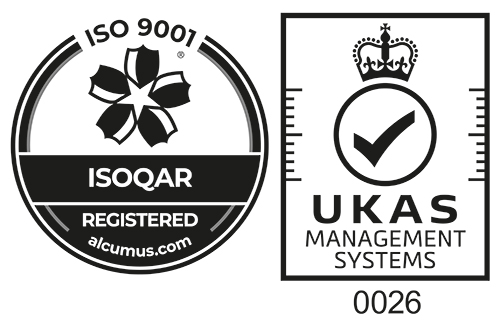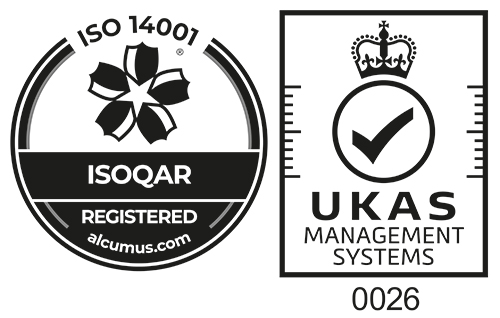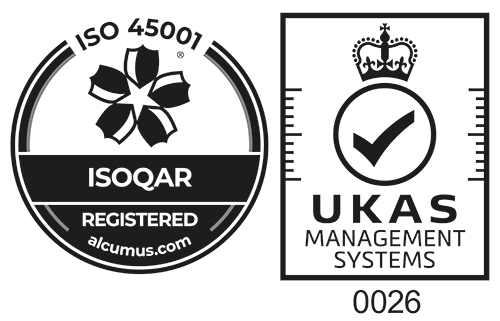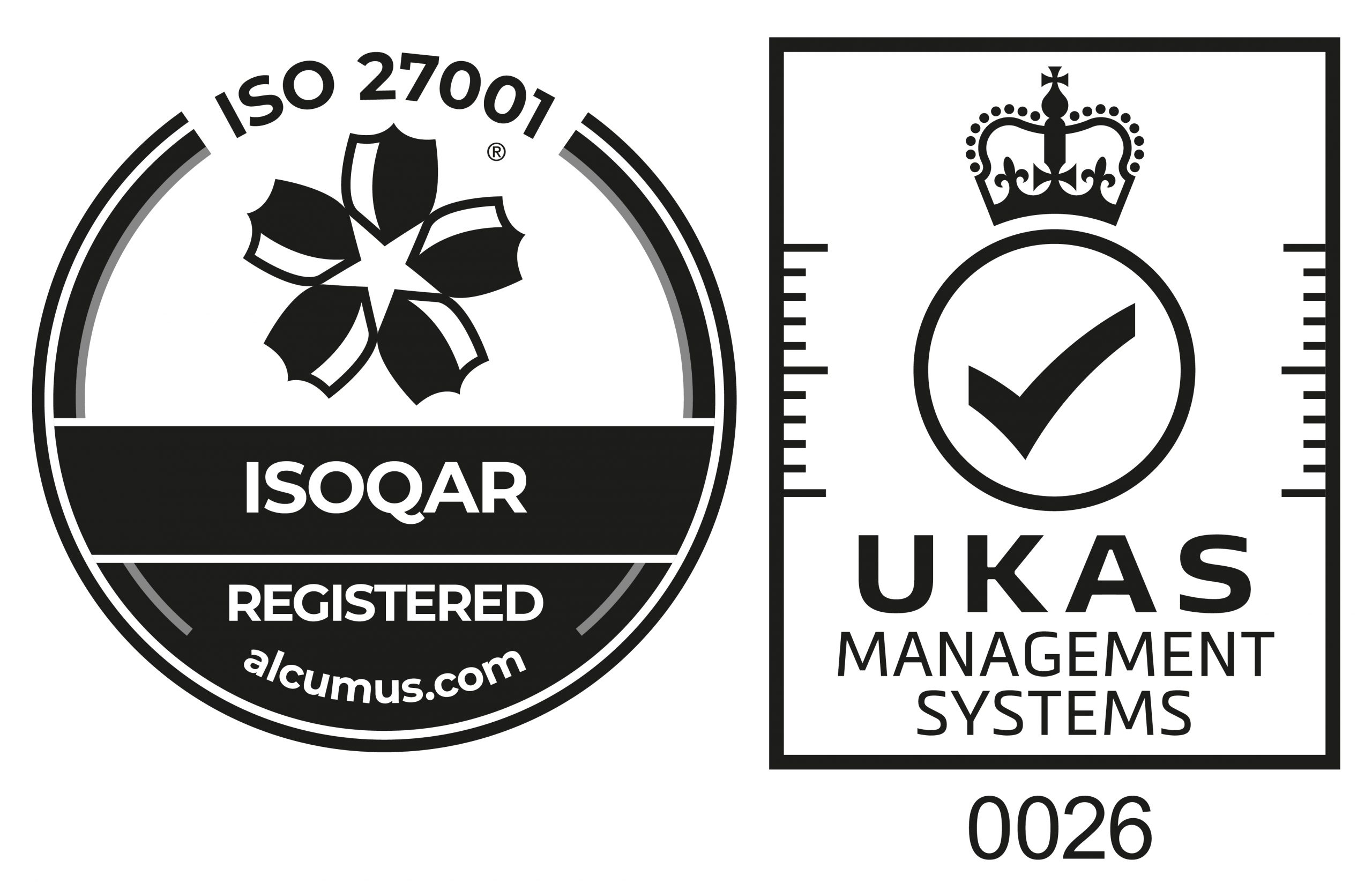Galliford Try PLC has an exceptional portfolio of road construction projects which has contributed substantially to the national infrastructure network.
 Biosite Systems were selected to provide an advanced biometric site access and workforce management solution for the £112 million A45/A46 Toll Bar road extension project.
Biosite Systems were selected to provide an advanced biometric site access and workforce management solution for the £112 million A45/A46 Toll Bar road extension project.
All construction workers are encouraged to report any near miss incidents on site. Traditionally this has been a hand written paper-based report which is then manually input by admin teams. Galliford Try PLC wanted a solution for recording and storing near misses electronically. The workforce included a number of foreign workers who may have previously been discouraged from reporting a near miss incident by this system.
- Biosite offered a touch-screen system that categorised the most common forms of near miss incident and represented them pictorially.
- Wall-mounted tablets were available in the site canteen to make sure workers could report near misses quickly and easily. By the worker inputting the data electronically unnecessary admin was eliminated.
- Site management were able to view real-time data for the number of near misses for individual workers or the site as a whole, identifying trends and being able to respond with specific training.

 hey required an innovative solution to provide streamlined and secure access control and efficient workforce management across their three Living Space construction sites.
hey required an innovative solution to provide streamlined and secure access control and efficient workforce management across their three Living Space construction sites.




